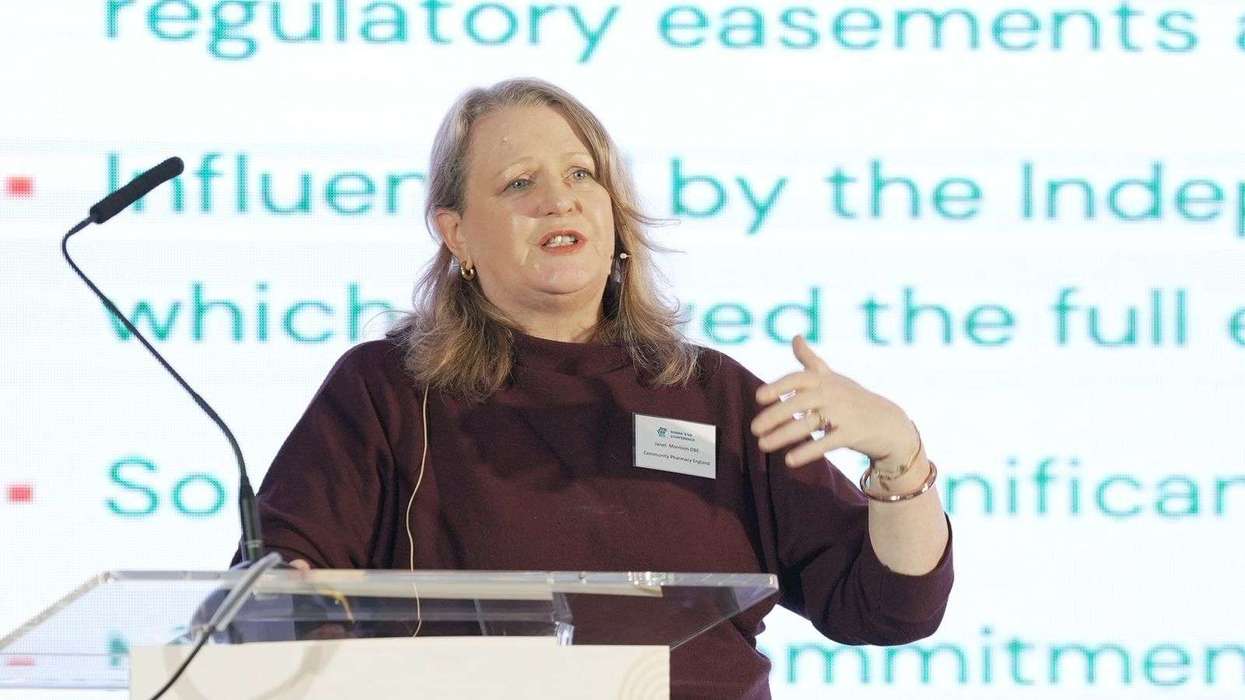Community pharmacists in Northern Ireland have voted to press ahead with industrial action on contractual and patient safety issues.
At a closed meeting in Belfast on Monday night, which was attended by 95 contractors representing 418 pharmacies across the country, more than 98 per cent voted in favour of industrial action.
The decisions on details of the action will be formalised in the coming weeks.
In a statement, Community Pharmacy Northern Ireland (CPNI) said pharmacists have now reached a “breaking point” and they have concerns about how to maintain the safe and on-going supply of medicines as a result of serious underfunding and a work-force crisis in the sector due to a shortage of pharmacists and locums.
Chief Executive of CPNI, Gerard Greene, said: “We have been warning the Department for years of this growing crisis. A litany of unresolved issues stemming from sustained underfunding now means that community pharmacists have reached breaking point.”
“The decision to take action is not one reached lightly and we regret that the refusal of the Department to address this crisis has brought us to this, but our network is at the point where the safe delivery of crucial frontline services for patients could be compromised”.
Greene says over 123,000 people visit pharmacies in Northern Ireland every day and cites the ability to access this service and professional advice as the reason for keeping people out of GP surgeries and hospitals.
“Community pharmacists already play an enhanced role in transforming our health service but until the Department engages in meaningful talks to stabilise community pharmacy funding and address the current issue then it is only paying lip service,” he added.
Loretto McManus, a community pharmacist, said the ballot result is not surprising as the sector morale was "at an all-time low."
“The refusal by the Department to acknowledge that there are serious issues in our sector is a significant problem and has led us to this outcome,” McManus said.
“Dispensing medicines is a role that is critical in maintaining the health of all the patients in our communities. It requires focus and attention to detail when we have reached a point where we are now working excessive hours and the pharmacist’s health and mental well-being is compromised due to the unrelenting pressures, then we have serious concerns for patient safety that need to be put right immediately," he added.











